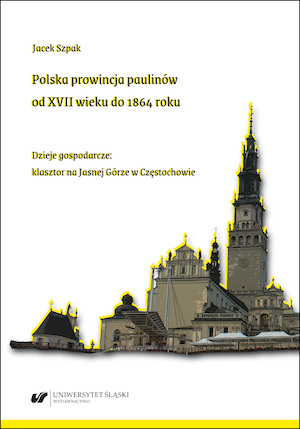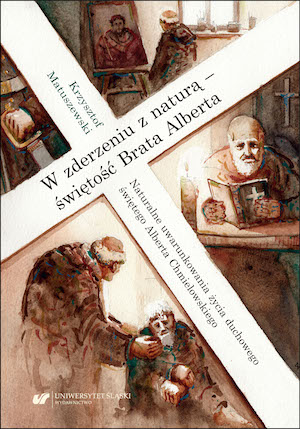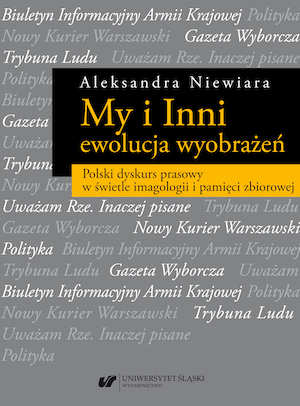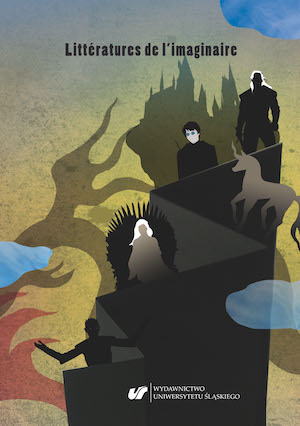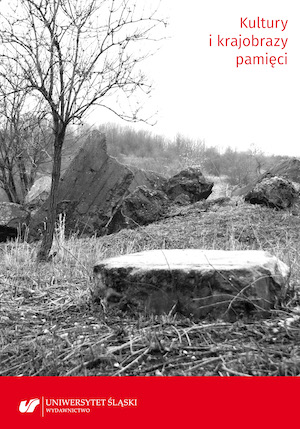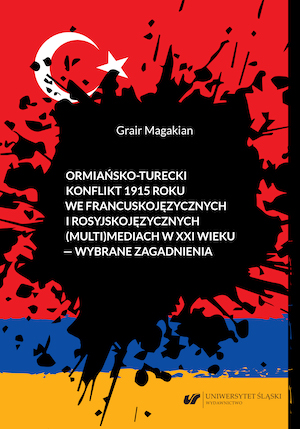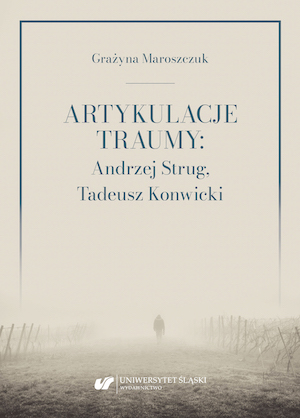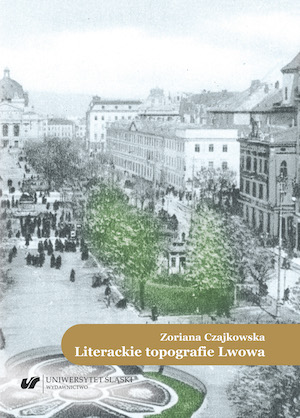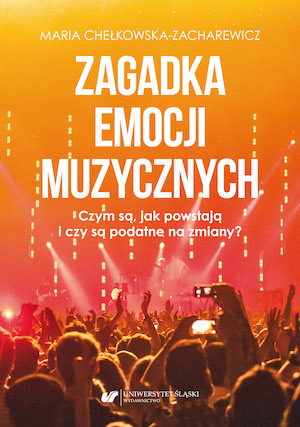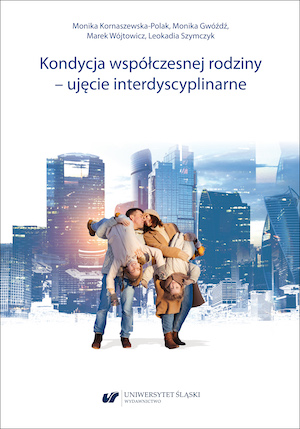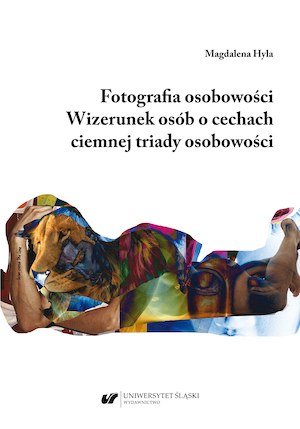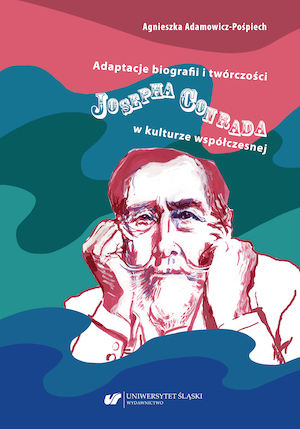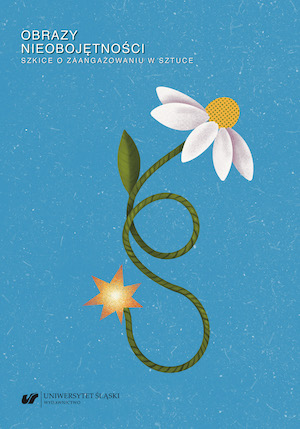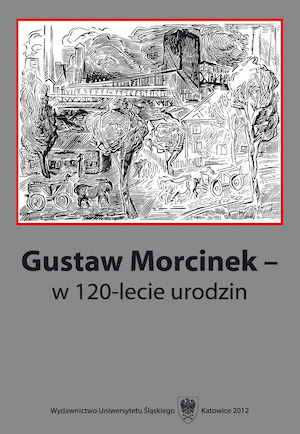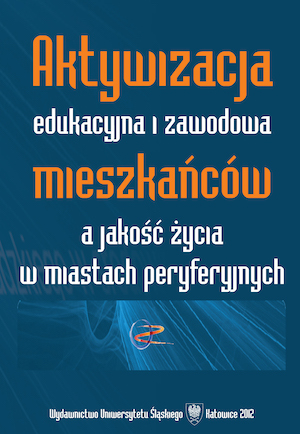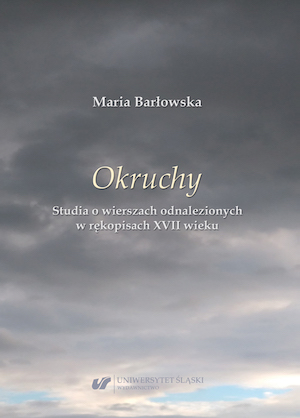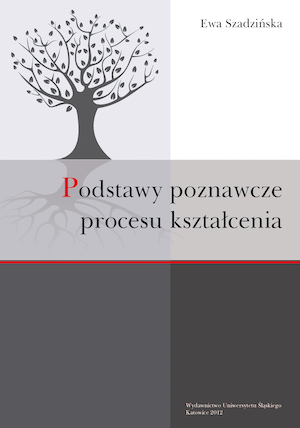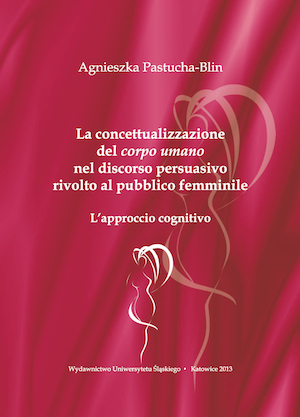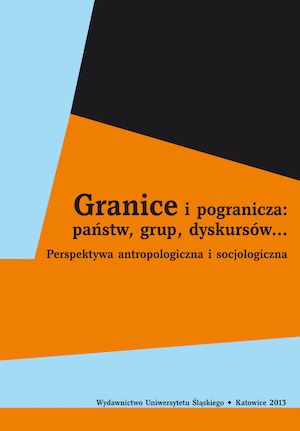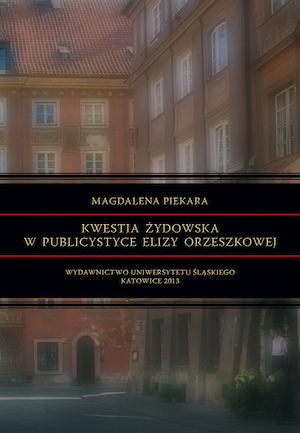Kwestia żydowska w publicystyce Elizy Orzeszkowej
Author(s): Magdalena Piekara / Language(s): Polish
Keywords: Eliza Orzeszkowa; jews
The author of Meir Ezofowicz often and willingly spoke out in social matters. A moralauthority for the contemporaries, she considered her statements on the major problems ofher times as a civic duty, the duty of a writer. Concerned or even outraged by specificevents, she very often presented magazine editors with proposals which supported initiativesshe considered valuable for the public or which expressed her indignation, particularlywhen it involved protecting the disadvantaged, showing her compassion and persuadingothers to act together against injustice. Her short papers, statements and openletters, although often emotionally influenced, were characterised by their refined form(after all, she always had to remember the hostile censor who would qualify her work aseligible for publication), balanced line of argument and a constant desire to reconciledifferent, often conflicting interests. Whilst studying the journalistic writing ofOrzeszkowa, even the shortest pieces, one might recall the thought of Emmanuel Lévinas,who believed that “understood as a set of rules for conduct founded upon the universalityof maxims or upon a hierarchically ordered system of values, morality carried within itselfa rationale”. In Orzeszkowa's discourse, focused on morality and human-centric order,rationality is always prominent.Orzeszkowa almost never made assessments – she would rather watch, analyse, sometimes(even quite often) being misled, but always driven by idealistic motives: her belief inthe existence of community, community born against centuries-old stereotypes, againsteverybody, and everything. Despite successive failed uprisings, despite growing prejudices,she believed (and this belief was presented as objective, scientifically proven truth) thathuman kind was characterised by altruism, a willingness to sacrifice themselves for thesake of the common good. Perhaps it was naiveté, but it was also a kind of a moral code,based on long-term experience and resulting feelings, which, as Hannah Arendt says“nobody could ever have with himself, which, on the contrary, are entirely based on thepresence of others”. The social journalism of Orzeszkowa, including that relating to theJewish question, must be considered in terms of duty and sacrifice, because these concepts,according to the author, involve civic and patriotic attitudes.Otherness – but not strangeness (the latter only appeared in a sketch entitled O nacyonalizmieżydowskim – On the Jewish nationalism) – of the Jews was a problem forOrzeszkowa. She believed it was just temporary, and could be compensated throughproviding widespread access to education, which was to lead in turn to a degradation ofthe authority of the rabbis who, exploiting their position, attempted to impose the supremacyof religious over secular education. The mere assumption seems paradoxical, butthe writer believed that creating schools for future generations would lead to the formationof assimilated Jewish intelligentsia (an educated class). She did not even take intoconsideration the Haskalah – whose activity was in fact what she so eagerly awaited, evendesired. Perhaps this is because she did not consider the results of that activity to besufficiently recognisable in the public space?Political and social forecasts of Orzeszkowa are often inaccurate; they contain a largeamount of imagination and sometimes even naive delusions – but these are not the forecaststhat make Orzeszkowa's writing about the Jewish question valuable. The key value,and what occurred very infrequently in those times, is that Orzeszkowa attempted toprovide an objective image of the life of Polish Jews, as well as the irrational motives,located on both sides, which prevented reconciliation, mutual understanding and jointaction. She considered the Jewish question in conjunction with the history of Poland, anddid not regard that minority as a priori hostile or harmful.
More...
